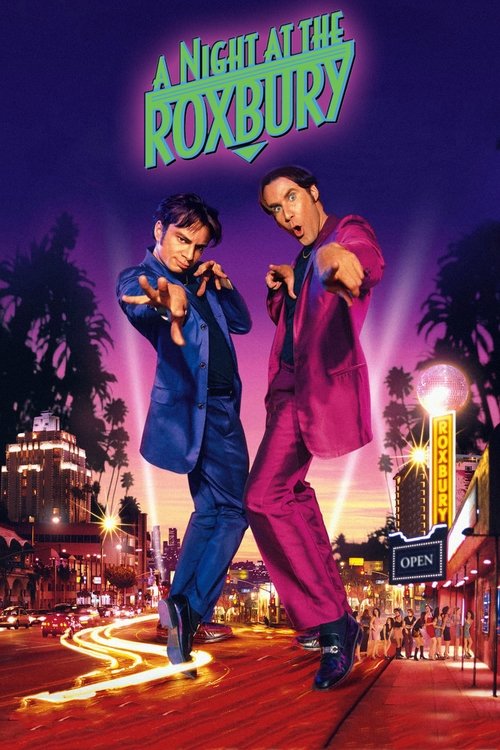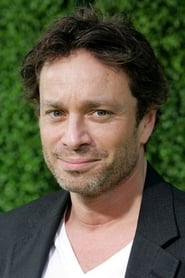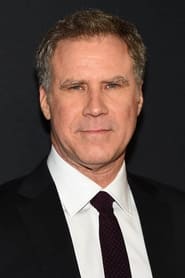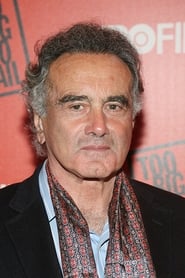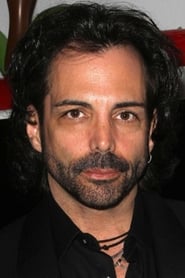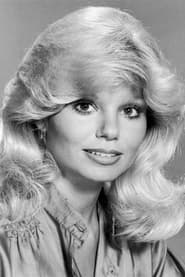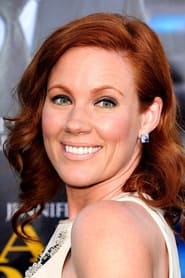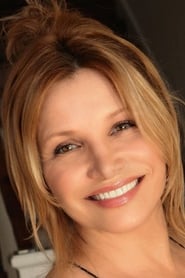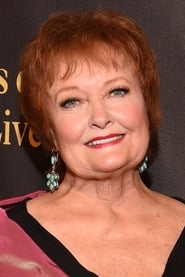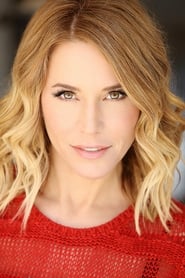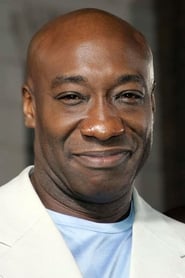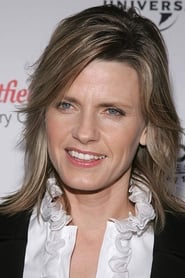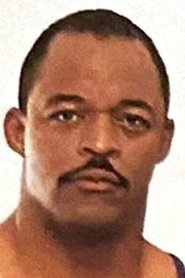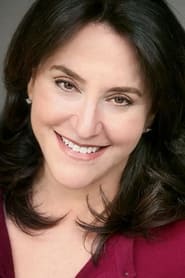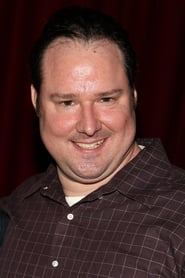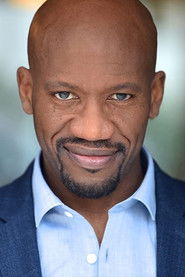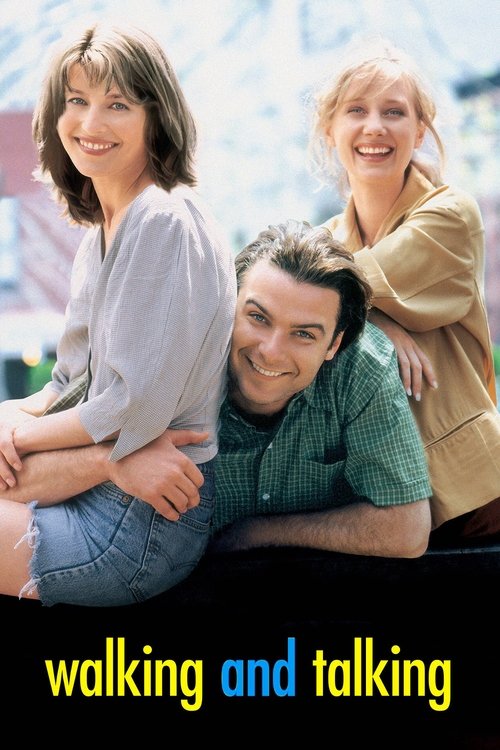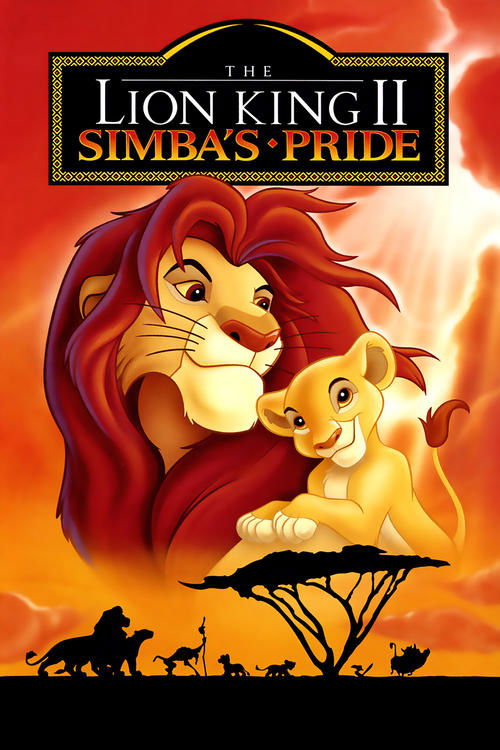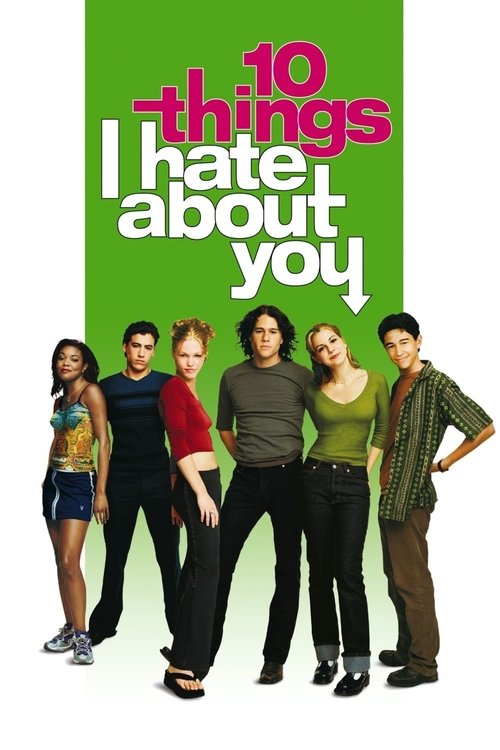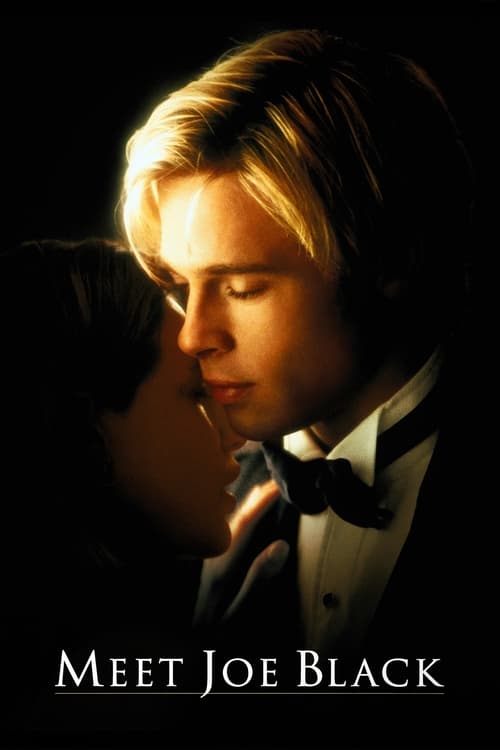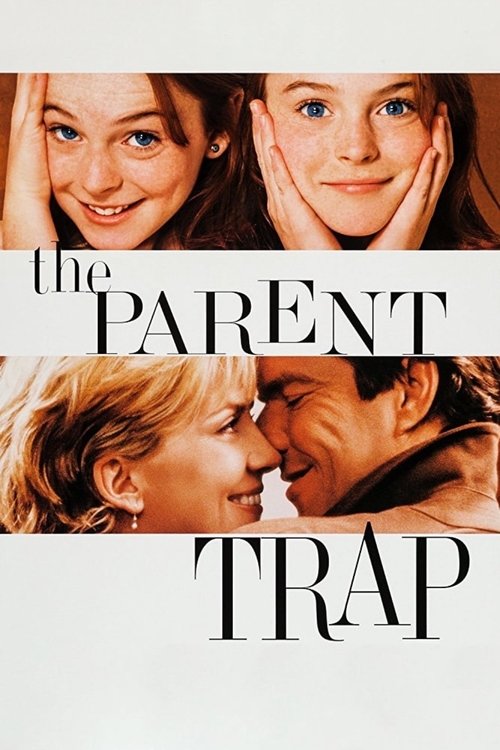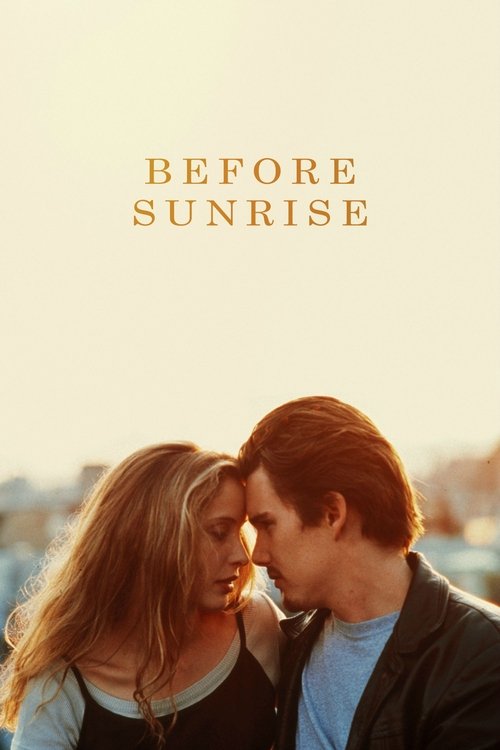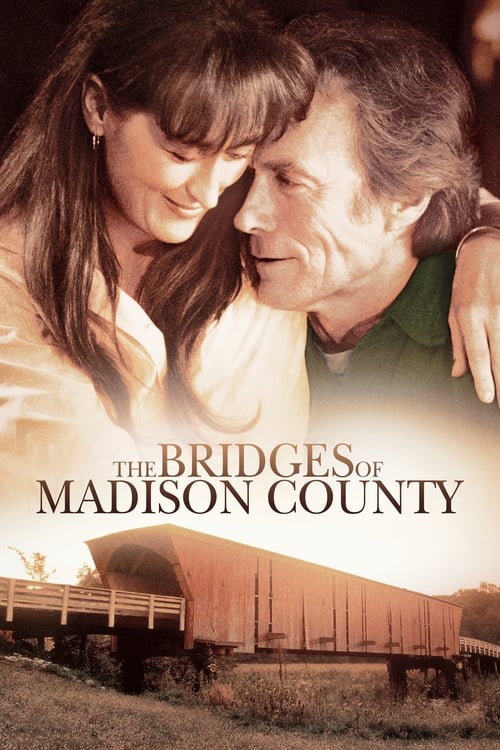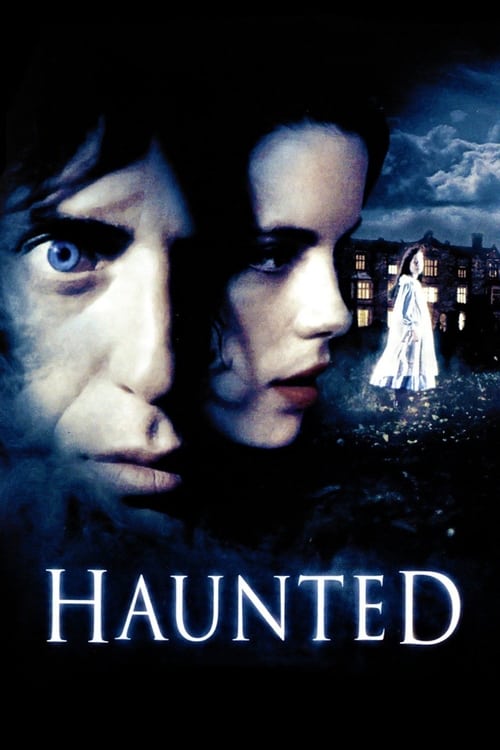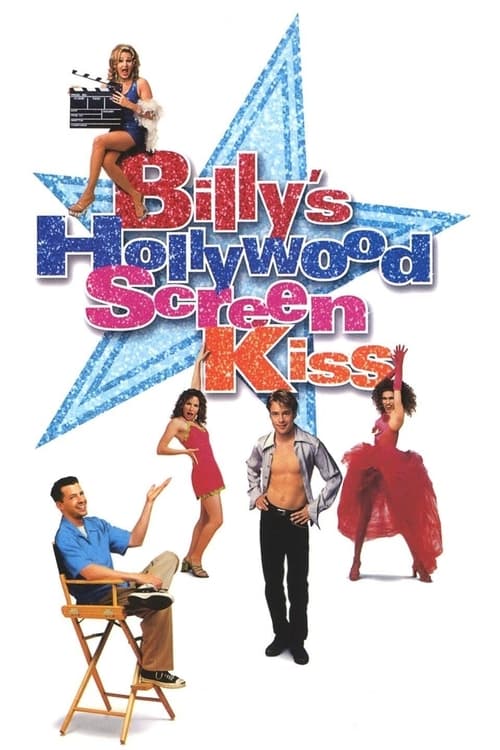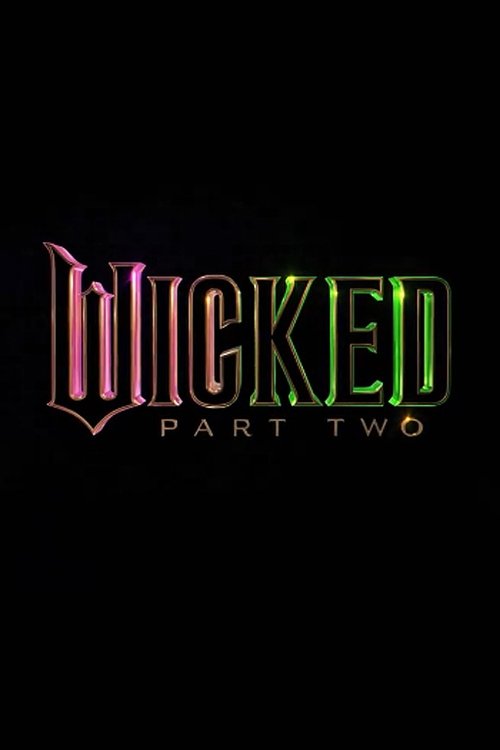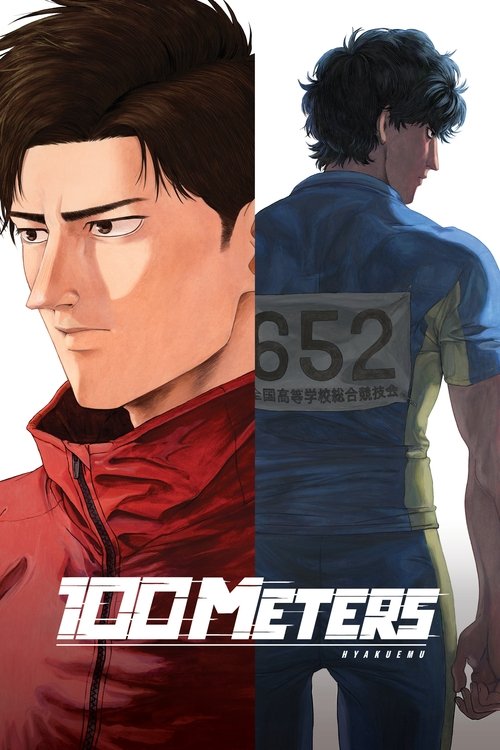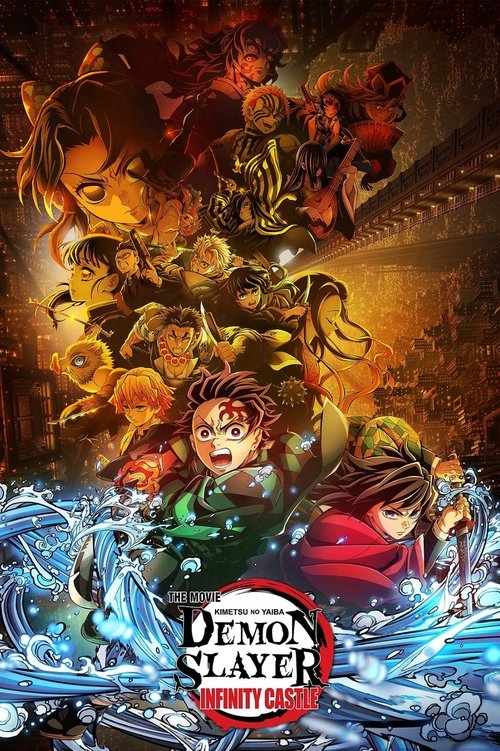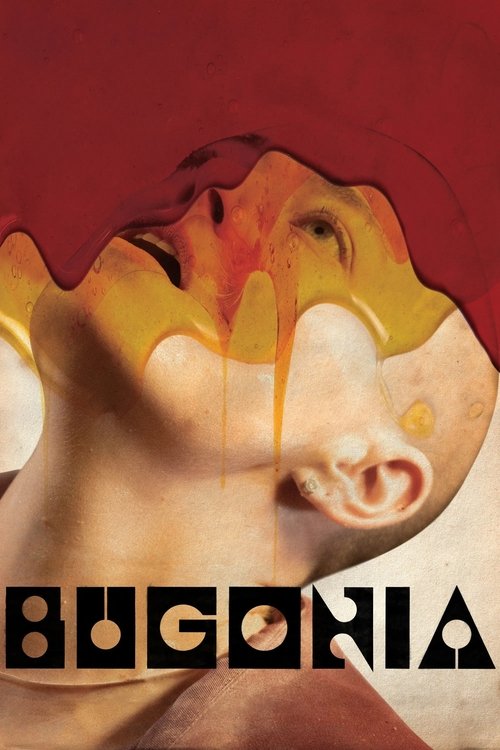
Ask Your Own Question
What is the plot?
What is the ending?
In the ending of "A Night at the Roxbury," the Butabi brothers, Doug and Steve, finally achieve their dream of opening a nightclub. They reconcile with their father, who supports their ambitions. The film concludes with a celebratory atmosphere as they embrace their new life.
Now, let's delve into the ending in a more detailed narrative fashion:
As the film approaches its climax, Doug and Steve Butabi find themselves at a pivotal moment in their lives. After a series of misadventures and misunderstandings, they have finally come to terms with their aspirations. The brothers, who have spent much of the film trying to fit into the glamorous world of nightlife, realize that their true passion lies in creating their own space rather than merely trying to gain acceptance in someone else's.
The scene shifts to a vibrant, bustling nightclub that the Butabi brothers have opened, aptly named "The Roxbury." The atmosphere is electric, filled with pulsating music and colorful lights that dance across the crowd. Doug and Steve, dressed in their signature suits, stand proudly at the entrance, welcoming guests with wide smiles. Their excitement is palpable, and they exchange glances filled with a mix of disbelief and joy, finally seeing their dream come to fruition.
As they navigate through the club, they encounter familiar faces from their past, including their father, who has come to support them. Initially skeptical of their nightclub ambitions, he now beams with pride, having witnessed their determination and growth. The brothers share a heartfelt moment with him, expressing their gratitude for his eventual acceptance of their dreams. This reconciliation signifies a turning point not only in their relationship with their father but also in their own self-acceptance.
The camera captures the brothers as they take center stage, addressing the crowd. They express their excitement and gratitude, and the audience responds with cheers and applause. This moment is a culmination of their journey, showcasing their transformation from two aimless dreamers to confident entrepreneurs. The joy radiating from the brothers is infectious, and the club pulsates with energy, reflecting their newfound success.
As the night progresses, Doug and Steve revel in the celebration, dancing and mingling with their guests. They are no longer the outsiders trying to fit in; they have created a space where they belong. The scene is filled with laughter, dancing, and a sense of community, emphasizing the importance of following one's passion and the joy that comes from achieving one's dreams.
In the final moments of the film, the camera pans out, capturing the vibrant scene of "The Roxbury" in full swing. Doug and Steve, surrounded by friends and supporters, share a triumphant embrace, solidifying their bond as brothers and business partners. The film closes on a high note, leaving the audience with a sense of hope and the belief that dreams can indeed come true with perseverance and support.
In summary, Doug and Steve Butabi achieve their dream of opening a nightclub, reconcile with their father, and celebrate their success surrounded by friends. The ending encapsulates their journey of self-discovery and the importance of following one's passion.
Is there a post-credit scene?
In "A Night at the Roxbury," there is no post-credit scene. The film concludes with the main storyline wrapping up, and the credits roll without any additional scenes or content following them. The focus remains on the comedic journey of the characters, particularly the Butabi brothers, as they navigate their aspirations of becoming successful club owners and their misadventures throughout the night. The film ends on a high note, celebrating their dreams and the connections they make, leaving no further narrative to explore in a post-credit sequence.
What motivates Doug and Steve Butabi to pursue their dream of owning a nightclub?
Doug and Steve Butabi, played by Will Ferrell and Chris Kattan, are driven by their desire to be part of the glamorous nightlife they see at the Roxbury nightclub. Their motivation stems from a deep-seated need for acceptance and validation, as they feel out of place in their mundane lives. They fantasize about being successful and popular, which fuels their relentless pursuit of the nightclub dream.
How do Doug and Steve's interactions with their father influence their character development?
Doug and Steve's father, played by Dan Hedaya, is a stern and traditional figure who disapproves of their nightclub aspirations. His dismissive attitude towards their dreams creates a sense of rebellion in the brothers, pushing them to prove themselves. This dynamic highlights their insecurities and desire for approval, ultimately shaping their determination to succeed despite their father's skepticism.
What role does the character of Emily play in Doug's journey throughout the film?
Emily, portrayed by Molly Shannon, is a pivotal character in Doug's journey as she represents the possibility of genuine connection and love. Initially, Doug is infatuated with her, but as the story unfolds, he learns that true relationships require more than superficial charm. Emily's eventual acceptance of Doug for who he is helps him grow and realize that his self-worth isn't solely tied to the nightlife scene.
What is the significance of the Butabi brothers' signature dance moves?
The Butabi brothers' signature dance moves serve as a comedic and memorable aspect of their characters, symbolizing their over-the-top personalities and desire to fit into the glamorous world of nightlife. Their awkward yet enthusiastic dancing becomes a form of self-expression, showcasing their lack of self-awareness while also endearing them to the audience. It highlights their determination to stand out, even if it means being ridiculous.
How does the rivalry with the character of Richard Grieco impact the plot?
Richard Grieco, playing himself, represents the epitome of the glamorous lifestyle that Doug and Steve aspire to. His presence creates a sense of competition and urgency for the Butabi brothers, as they feel overshadowed by his success and charm. This rivalry pushes them to take risks and ultimately leads to pivotal moments in the plot, including their attempts to impress women and gain entry into the Roxbury, which are central to their character arcs.
Is this family friendly?
"A Night at the Roxbury" is a comedy that features several elements that may not be considered family-friendly. Here are some potentially objectionable or upsetting aspects:
-
Language: The film contains instances of mild profanity and crude humor, which may not be suitable for younger audiences.
-
Sexual Content: There are suggestive themes and innuendos throughout the film, including scenes that imply sexual situations or relationships.
-
Substance Use: Characters are depicted drinking alcohol, and there are references to partying and nightlife that may not be appropriate for children.
-
Physical Comedy: Some scenes involve slapstick humor that could be perceived as violent or aggressive, though it is played for laughs.
-
Social Situations: The film explores themes of rejection and social awkwardness, which might resonate differently with sensitive viewers.
Overall, while the film is comedic in nature, these elements may make it less suitable for children or those who are sensitive to such content.

